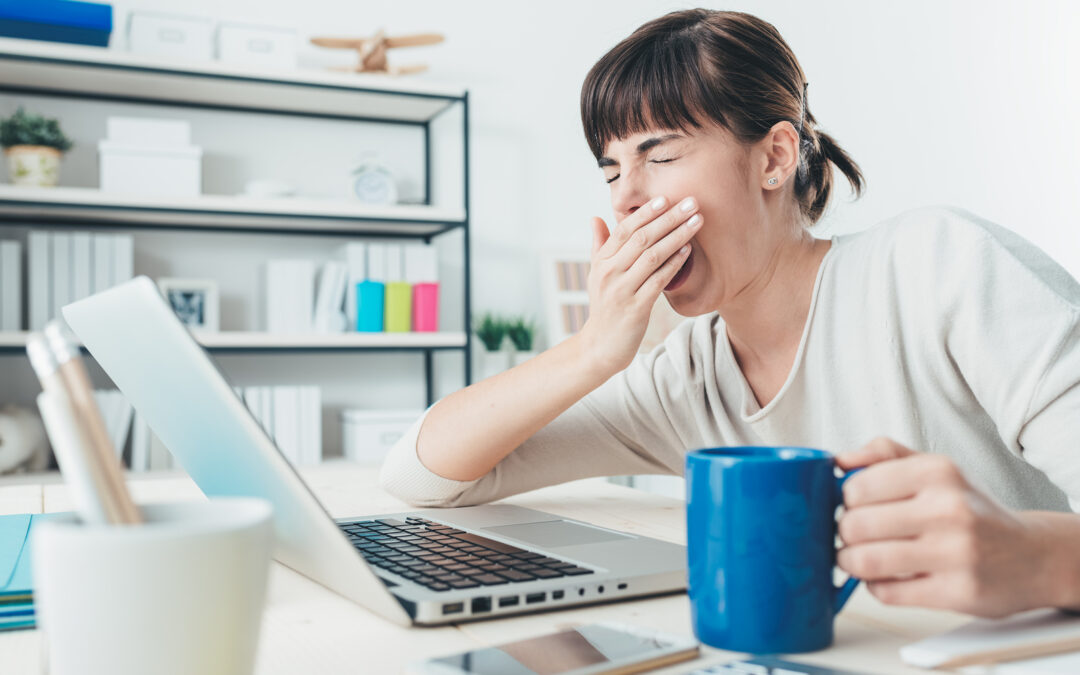WHAT ARE THE ADRENAL GLANDS AND WHAT DO THEY DO?
Adrenal glands are glands in the endocrine system that produce hormones, one of which is adrenaline. Your body requires adrenaline to be produced in small quantities for day to day activity. It helps with blood circulation, metabolism and breathing. In times of stress, large amounts of adrenaline are dumped into the system to prepare for “a fight”. This is known as the “fight or flight” response. The adrenal glands have another important job, which is to manage the blood sugar and salt levels in the body.
The adrenal gland can be stimulated with caffeine (coffee, soda and tea) and other drugs such as amphetamines, etc. When these stimulants are put into the body, they cause the adrenals to work harder than they normally would need to, because they are now “stimulated”. The problem with this is that adrenals are then overworked by caffeine, or other stimulants, and stress. The cells that manufacture the adrenaline hormone get fatigued by these stimulants and this causes them to be less efficient, sluggish and non-responsive.
When the adrenals are fatigued, they don’t rest at night when the body should be sleeping because they feel they need to work on overdrive. This causes problems with sleep. And, as a further result, not getting a good night’s sleep causes a tiredness that has you reaching for more stimulants. It’s a vicious pattern.
A POSSIBLE REASON FOR TIREDNESS & SLEEPLESSNESS
Fatigue, exhaustion, sleeplessness and tiredness without an obvious reason can be the result of problems in the adrenal glands. The adrenals also can affect digestion and elimination, so stomach and gastrointestinal issues, including constipation, can come into play as well.
Dehydration can also cause tiredness. It’s kind of a “false fatigue” because as soon as the body is properly hydrated, the tiredness goes away. When your body doesn’t have enough salt, it can mean an imbalance in the salt and potassium in the body. This also causes dehydration. Electrolyte balance is key to maintaining hydration.
Occasionally, doctors advise against the use of salt, but this can throw off the electrolyte balance in the body, causing tiredness and dehydration. When you have a salt deficiency, adrenaline in the body stops and the adrenal glands produce a hormone called aldosterone with the goal of preventing further loss of salt. This puts stress on the adrenals to put the salt and potassium back into balance. Please read our blog about salt and potassium for more information.
RESTORING NORMAL FUNCTION OF THE ADRENALS
Restoring the optimum function of your adrenal gland can be simply addressed. Take at least 3000 mg of B5 each day. If you are not aware of dosage requirements, Vitamin B5 – pantothenic acid – does not use up other vitamins to work, so it does not create a deficiency in your body for other vitamins. Because of this, you can take a large amount. It also helps to do some vigorous exercise just before bed. Go for a fast walk or run, with the intention to use up the extra adrenalin that is left in the system.
Arrange your schedule to get one more hour of sleep per night and avoid caffeinated drinks after 3 pm. Understand if you have symptoms of dehydration and address them with electrolytes and the balance of salt and potassium.
Additionally, a glandular adrenal supplement should be taken, which you can order through our office.
Putting these actions in place, you should start to feel more energy and get better sleep in about two to three weeks.
DO YOU HAVE THESE SYMPTOMS?
Tiredness, fearfulness, allergies, frequent influenza, arthritis, anxiety, depression, reduced memory and difficulties in concentrating, insomnia, worn-out feeling, inability to lose weight even after extensive efforts, are all a sign that you may be suffering from adrenal fatigue (technically known as hypoadrenia).
Additional Symptoms of adrenal fatigue:
- Morning fatigue — You don’t really seem to “wake up” until 10 a.m., even if you’ve been awake since 7 a.m.
- Afternoon “low” (feelings of sleepiness or clouded thinking) from 2 to 4 p.m.
- Burst of energy at 6 p.m. — You finally feel better from your afternoon lull.
- Sleepiness at 9 to 10 p.m. — However, you resist going to sleep.
- Second wind” at 11 p.m. that lasts until about 1 a.m., when you finally go to sleep.
- Cravings for foods high in salt and fat
- Increased PMS or menopausal symptoms
- General moodiness
- Lack of energy
- Decreased ability to handle stress
- Muscular weakness
- Increased allergies
- Lightheadedness when getting up from a sitting or laying down position
- Decreased sex drive
- Frequent sighing
- Inability to handle foods high in potassium or carbohydrates unless they’re combined with fats and protein (poor digestion)
(Thank you to NaturalNews.com for this comprehensive list.)
Dr. Price’s Electrolytes are available in our office or on our website.
CHIROPRACTIC, A FULL HEALTH SYSTEM
It’s always good to remember that most medical problems can be addressed with chiropractic and nutritional care, allowing treatment that encourages faster recovery and rehabilitation.
Simple and effective handlings for all your health concerns…
Do you have an unhandled body problem or health concern? Contact Dr. Price’s office to schedule an appointment. You will be glad you did.

